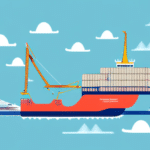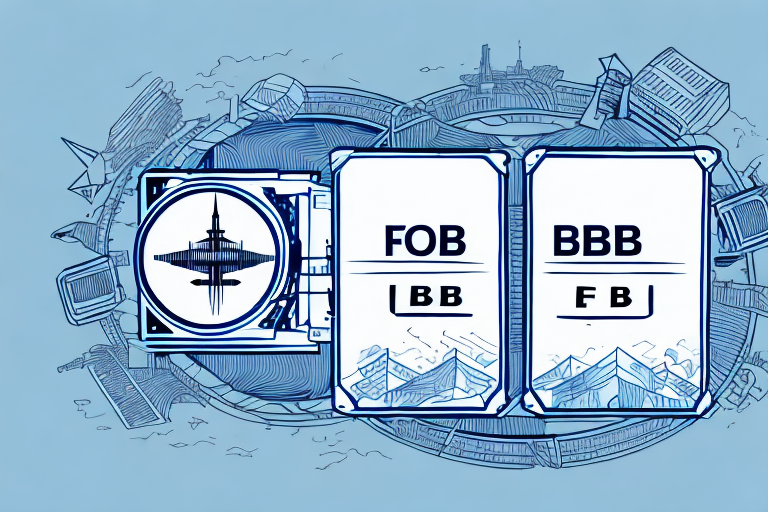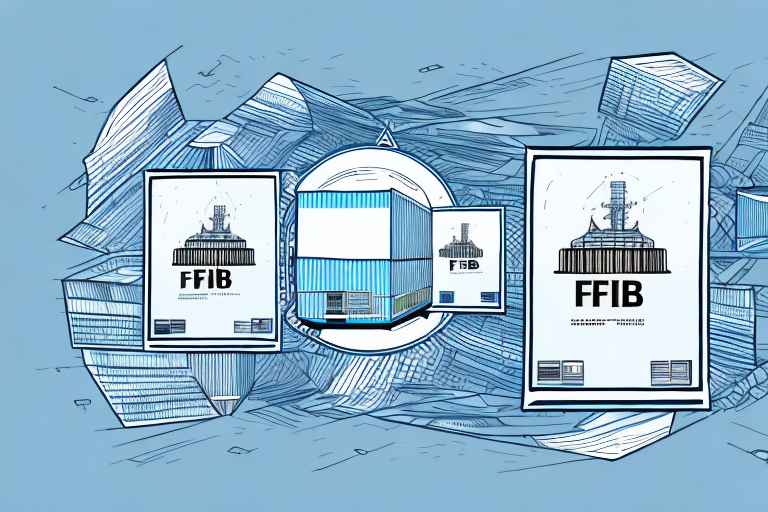Understanding FOB Destination
FOB Destination is a widely used shipping term in the shipping and logistics industry. It stands for Free on Board Destination and refers to a type of contract used for transporting goods between buyers and sellers. In this contract, the seller assumes the responsibility and risk for the goods until they are delivered to the buyer's specified destination.
Key Elements of FOB Destination
- Free on Board: The seller is responsible for loading the goods onto the transportation vehicle.
- Destination: Specifies the location where the goods are to be delivered.
Therefore, FOB Destination means that the seller holds responsibility for the goods until they reach the buyer's specified location.
FOB Destination vs. FOB Shipping Point
It is crucial to distinguish between FOB Destination and FOB Shipping Point:
- FOB Destination: Seller is responsible until the goods arrive at the buyer’s location.
- FOB Shipping Point: Buyer assumes responsibility once the goods are loaded onto the transportation vehicle.
Understanding this difference is essential for managing risk and cost between parties.
Advantages of Using FOB Destination
Opting for FOB Destination offers several benefits:
- Reduced Risk for Buyers: Sellers bear the risk of loss or damage during transit.
- Control Over Shipment: Sellers can manage the entire shipping process, ensuring timely and safe delivery.
- Streamlined Logistics: Buyers are relieved from coordinating transportation logistics.
- Enhanced Trust: Demonstrates seller’s commitment to delivering quality products, fostering strong business relationships.
FOB Destination in International Trade
In the context of international trade, FOB Destination plays a pivotal role by clearly defining the responsibilities and liabilities of both parties. This clarity helps in:
- Preventing Disputes: Clear terms minimize misunderstandings between buyers and sellers.
- Managing Costs: Sellers handle transportation costs up to the destination, allowing for more accurate pricing strategies.
- Insurance Coverage: Defines who is responsible for insuring the goods during transit, often influencing insurance agreements.
According to the International Chamber of Commerce, using Incoterms like FOB Destination ensures smoother transactions and better international trade relations.
Calculating Costs for FOB Destination Shipping
Determining the cost of FOB Destination shipping involves several factors:
- Type and Weight of Goods: Heavier and bulkier items incur higher shipping costs.
- Shipping Distance: Longer distances increase transportation expenses.
- Mode of Transportation: Air freight is generally more expensive than sea or land transport.
- Additional Fees: Customs duties, taxes, and insurance can add to the overall cost.
Sellers typically use a freight rate calculator to estimate these costs accurately. It's essential for both parties to understand these factors to negotiate fair pricing and avoid unexpected expenses.
Common Mistakes to Avoid with FOB Destination
When utilizing FOB Destination, both sellers and buyers should be mindful of potential pitfalls:
- Vague Destination Specifications: Clearly define the delivery location to prevent delays and confusion.
- Poor Labeling: Ensure all goods are properly labeled to avoid mishandling during transit.
- Inadequate Insurance: Both parties should secure sufficient insurance coverage to protect against loss or damage.
- Misunderstanding Responsibilities: Clearly outline each party's duties to prevent disputes over costs and liabilities.
Avoiding these mistakes ensures a smooth shipping process and maintains a positive business relationship.
Choosing the Right Freight Forwarder
Selecting a reputable freight forwarder is critical for successful FOB Destination shipping. Consider the following when making your choice:
- Experience with FOB Destination: Ensure the forwarder is well-versed in handling such contracts.
- Reliability and Track Record: Look for companies with a history of on-time deliveries and minimal issues.
- Comprehensive Services: Services like customs clearance and insurance coverage add value.
- Effective Communication: Choose a forwarder that provides clear and timely updates on shipment status.
- Global Network: A forwarder with a strong international presence can navigate local regulations efficiently.
Researching and selecting the right freight forwarder can significantly impact the efficiency and reliability of your shipping operations.
The Role of Incoterms in FOB Destination
Incoterms are a set of internationally recognized rules that define the responsibilities of buyers and sellers in global trade. FOB Destination is one such Incoterm that clearly outlines the point at which responsibility for goods transfers from seller to buyer.
Using Incoterms like FOB Destination helps in:
- Clarifying Responsibilities: Defines who is responsible for transportation, insurance, and tariffs.
- Reducing Risks: Minimizes the chances of disputes by providing clear guidelines.
- Streamlining Processes: Facilitates smoother transactions by standardizing terms.
For more detailed information on Incoterms, refer to the official ICC Incoterms guidelines.
Conclusion
FOB Destination is a fundamental shipping term that defines the responsibilities and risks associated with transporting goods. By understanding its intricacies, businesses can better manage their logistics, reduce risks, and foster stronger relationships with their trading partners.
Incorporating best practices, such as selecting the right freight forwarder and adhering to Incoterms, can further enhance the efficiency and reliability of your shipping operations. Stay informed and make strategic decisions to ensure the success of your international trade endeavors.






















